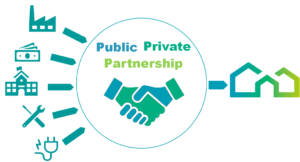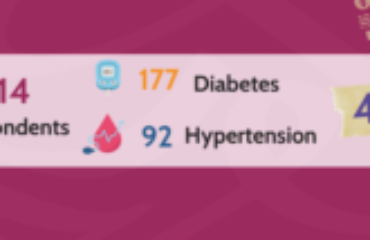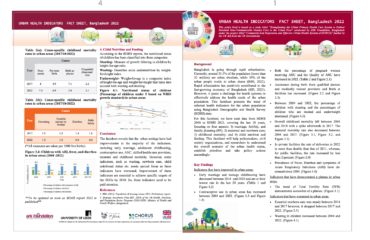Improved quality and access to healthcare services are essential for a country’s development. Private sectors like NGOs, for-profit and non-profit organizations have significantly contributed to health by financing and managing healthcare services in different ways. In developing countries, the private sector becomes more critical because, with limited resources, such countries struggle to ensure proper health care for everybody. That is why, the public-private partnership can offer new opportunities by sharing risks, resources and finance to provide healthcare services under certain conditions. This study, therefore, aimed to find out the possibilities, scopes and challenges of public-private partnership (PPP) which will inform a guideline to design and implement such collaboration to improve access to and quality of health.




